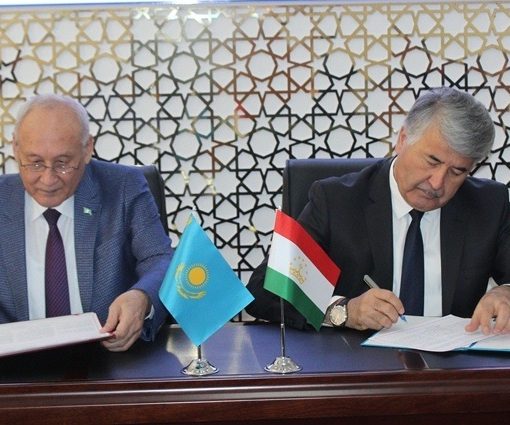Vaccination of the population against coronavirus infection began in Kazakhstan on February 1, 2021.
The purpose of preventive vaccination is to prevent the emergence and spread of infectious diseases. Immunization is the process of forming immunity of the body to a particular infectious disease by injecting the vaccine, through which a person acquires immunity.
Vaccination procedure
The doctor must explain to the patient the need for vaccination, as well as inform:
about the infection against which the prophylactic vaccination is carried out,
The name of the vaccine
The presence of contraindications and possible adverse reactions.
Before vaccination, the doctor necessarily examines the patient, measuring the temperature, respiratory rate, pulse, wondering if he has any complaints about his state of health. This takes into account previous reactions to vaccinations, allergies to medications, food, existing chronic diseases.
If there are no contraindications to vaccination, the specialist will give written permission, which is recorded in the medical card, and is a prerequisite for preventive vaccination.
After the vaccination, you should not leave the medical facility for the first 30 minutes, sit near the office. This is enough time for the child to calm down after the injection, and in case of an unexpected reaction to the vaccine the parents can immediately get medical help.
Contraindications to vaccinations
Prophylactic vaccinations are given to people only when there is no acute illness or exacerbation of a chronic illness. Therefore, for a period until recovery, disappearance of symptoms, normalization and recovery from the disease, the doctor will establish a temporary (long-term) contraindication to immunization. Its duration may vary, but it is usually limited to one to three months.
A permanent contraindication to all vaccines is a complication from a previous dose of the drug. In particular, severe immediate allergic reactions that developed within 24 hours after vaccination, encephalitis (encephalopathy), convulsions occurring in children with elevated body temperature.

“Sputnik V” is the world’s first registered vaccine for the prevention of coronavirus infection. It was developed at the National Research Center (NRC) of Epidemiology and Microbiology named after Nikolai Fedorovich Gamaleya of the Ministry of Health of the Russian Federation. This vaccine is a two-component vaccine developed on the basis of the human adenovirus vector.
The vaccine has passed all stages of preclinical testing for efficacy and safety.
In Kazakhstan, the Russian vaccine is produced in the Karaganda Pharmaceutical Complex. More specifically, the substance is supplied from Russia and the finished form is produced in Kazakhstan from this substance. Materials and raw materials are used from Kazakhstan. According to Sergei Baron, director of the pharmaceutical complex, two million doses of Sputnik V coronavirus vaccines will be produced in phases.
The Kazakhstan vaccine is called QazCovid-in. It is an inactivated vaccine that was developed in May 2020. Since then, it has been preclinically tested on laboratory animals: white mice, Syrian hamsters, ferrets, rabbits, rats, and, at the last stage, monkeys.
Clinical trials began in September 2020.
The vaccine is being developed by the Research Institute of Biological Safety Problems of the Committee of Science of the Ministry of Education and Science of Kazakhstan.
According to the Ministry of Health, vaccination is voluntary and only with the informed consent of the vaccinated person. According to Article 77 of the Code of Kazakhstan “On People’s Health and the Health Care System,” Kazakhstani people have the right to refuse to receive preventive vaccines.




